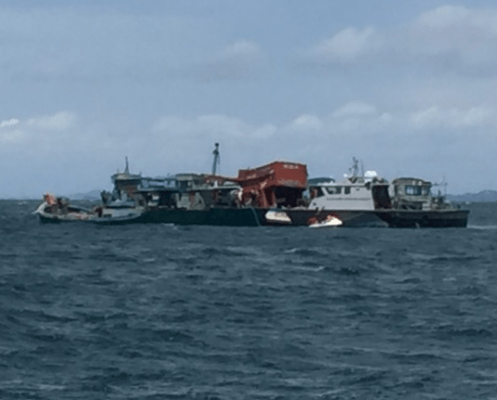More than 300 vessels globally have been linked to fraudulent ship registries, the Standard Club, a marine insurer, informed.
In light of a spike in fraudulent vessel registrations, the International Maritime Organization (IMO) is seeking to combat rogue national flag registries operating without the knowledge of governments they claim to represent.
According to the Standard Club, the global maritime regulator has recently reported that 73 vessels were unlawfully flying the flag of the Democratic Republic of the Congo, 91 vessels were illegally registered under the flag of Fiji and 150 vessels were unlawfully registered under the flag of the Federated States of Micronesia.
To address this challenge, the IMO is developing a comprehensive database of registries on the publicly accessible area of the Global Integrated Shipping Information (GISIS). Specifically, the “register of registries” will contain the names and contact details of national governing bodies or authorized entities in charge of registration of ships. The database will also include information regarding countries which do not operate a ship registry, be it domestic or international.
Since international sanctions have been imposed on countries such as Iran and North Korea to target their nuclear and ballistic missile programs, some ships have used tactics to avoid these sanctions such as turning off their AIS or falsely reporting their flag registry.
The UN Sanctions Committee requires the relevant flag states to de-flag any vessels they have reasonable grounds to believe are involved in activities prohibited by the UN Security Council Resolutions, and other flag states should refuse to register the vessels which have been de-registered for that reason.
The IMO is intending to develop, in collaboration with the UN Security Council, an easily searchable database that would show vessels that are subject to UN Security Council Resolutions.
The work is expected to be completed in 2021.

